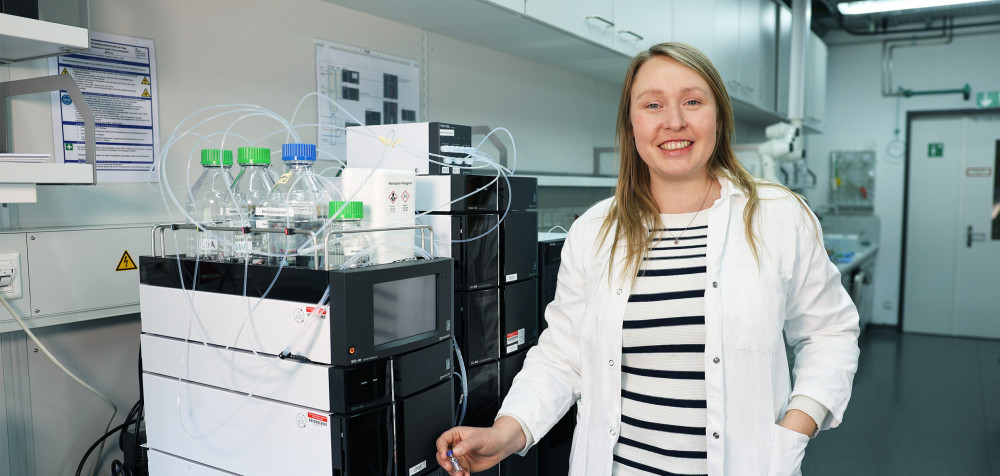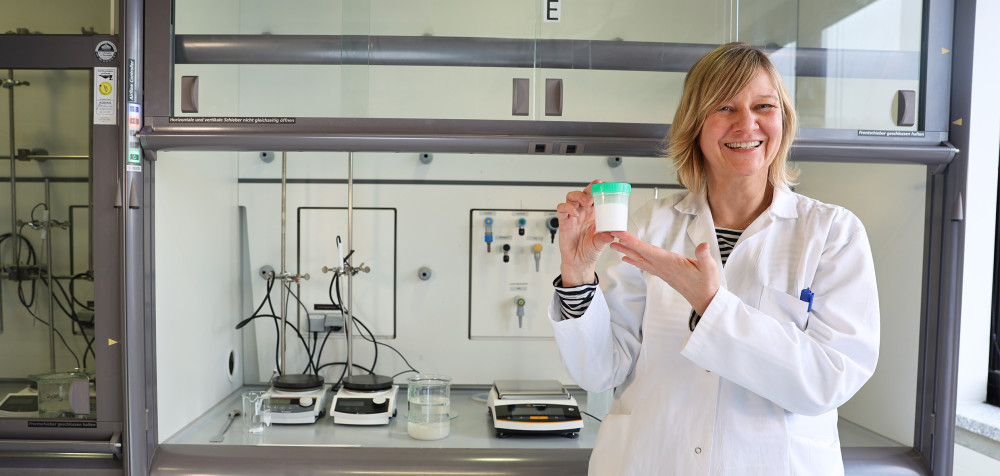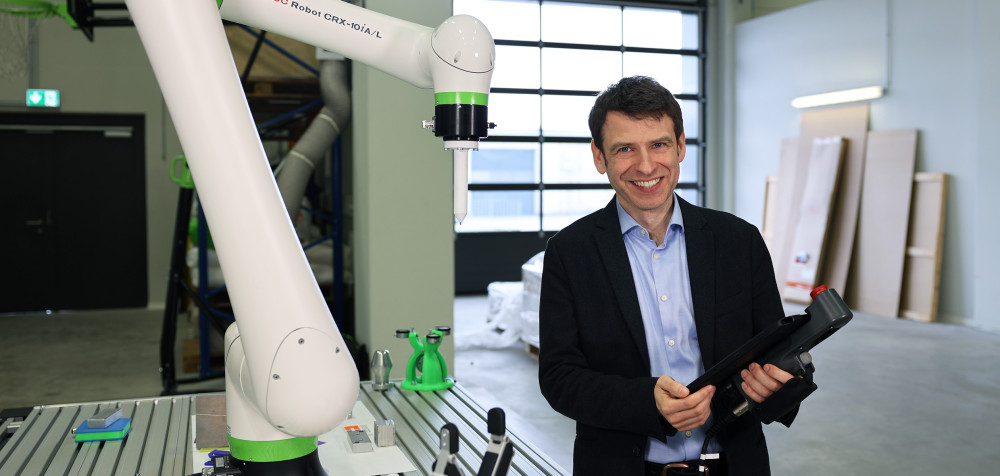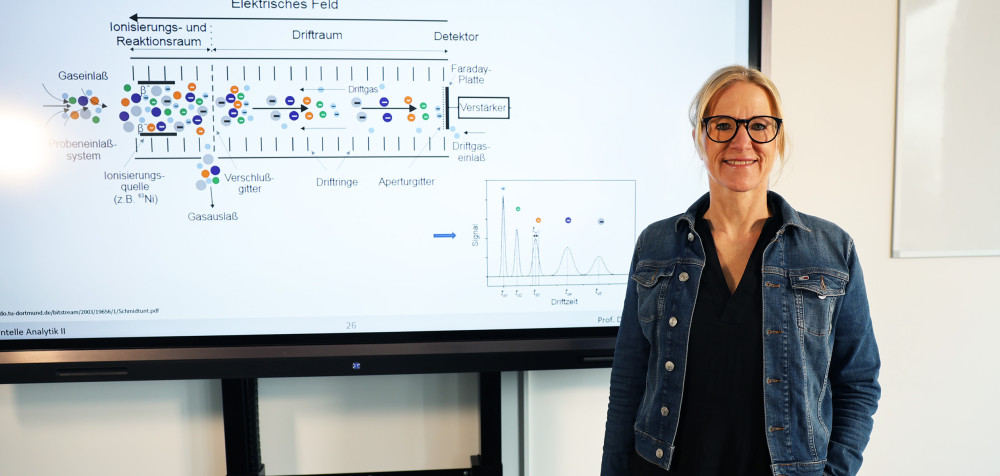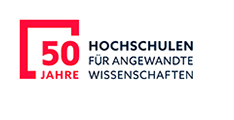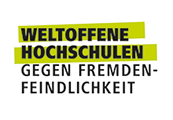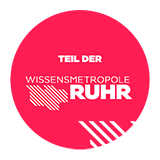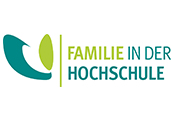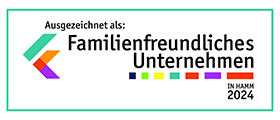Project description
The FH Personal Project is an HR project specifically designed for universities of applied sciences. The project pursues the objective of acquiring and developing professorial staff at Hamm-Lippstadt University of Applied Sciences.
Further information can be found at the Project homepage of the Federal Ministry of Education and Research. Project timeline: April 1, 2021 to March 31, 2027
-
Analysis results
A SWOT analysis designed to identify the strengths, weaknesses, opportunities, and risks at HSHL and its partner universities relating to the need for and the recruitment of professorial staff found that there is a general and significant shortage of suitable candidates for professorships at universities of applied sciences. As part of the project, the weaknesses identified are currently being systematically eliminated at HSHL.
-
Secondary objectives
With a view to sustainably improving the situation for applicants, the intention is to implement measures that increase gender equality, compatibility between professional and family life, and enhance the attractiveness of the location. New methods like “compatibility” counseling services or after-hours care should be evaluated regularly and actively showcased on the university's website, social media, and job advertisements.
In addition, joint marketing measures with the partner universities and information material alongside events are all designed to enhance the attractiveness and visibility of professorship career profiles at universities of applied sciences in general and at HSHL as an employer. Another pivotal aspect is the testing of new professorship models and qualification pathways.
Subtasks and joint venture projects
-
New professorship models
New professorship models are intended to pave attractive pathways for graduates, visiting lecturers, and other potential applicants. For this reason, HSHL regularly advertises the following positions:
- Research professorships: HSHL professors have the opportunity to reduce their teaching load in order to expand their research activities.
- Tandem professorships: These are part-time professorships where professors work 50 percent at HSHL and 50 percent at the partner company.
- Junior professorship: Candidates looking to apply for a professorship in the future can gain the necessary qualifications as part of the junior professorship program. Participants are employed 50 percent at HSHL and 50 percent at a partner company. They are also assigned a mentor.
-
Family Service – compatibility between professional and private life
The Family Service is there for HSHL employees and provides support when they start a new job or are striving to achieve compatibility between professional and private life.
We are happy to lend our support:
- Open consultation hours
- Online offers for families and self-management
- Dual career model for partners of newly appointed professors
- Individual coaching for all aspects of the family
- Childcare during the academic year as well as holidays and breaks
- Parent-child rooms
- Mobile game box
Find more information about our Family Service here. -
Attractiveness and standing of HSHL and the professional profile
Targeted marketing measures strengthen the attractiveness and name recognition of HSHL as an employer among potential applicants from the target group. In addition, there is collaboration with the universities within the cooperation network aimed at disseminating a positive image of professorships at universities of applied sciences. A federal campaign is ongoing to showcase exactly these professional profiles.
-
"Visiting lecturers" joint venture
The objective of this sub-project, which will be implemented in collaboration with the partner universities, is to support visiting lecturers and teaching staff on their career path to a professorship. The creation of new pathways to networks and sources of information is one of the means to this end.
